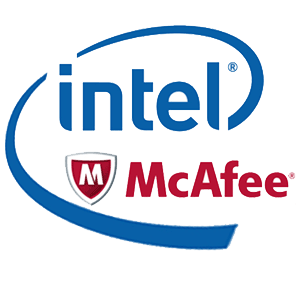The topic of Bitcoin ransomware has been beaten around the bush multiple times by now, but a recent report by Intel Security shows the threat is far from over. In fact, their findings suggest ransomware becomes a grave threat by 2021, and healthcare institutions will be the primary target.
Also read: Microsoft Issues Security Patch To Address Badlock Exploit Kits
Bitcoin Ransomware To Keep Targeting Healthcare Sector

It is not the first time Bitcoin ransomware and healthcare are mentioned in the same breath, as these malware attacks have caused issues for various hospitals all over the world in the past few months. A new report by Intel Security indicates this threat will only grow as targeting healthcare institutions is a more lucrative business for internet criminals compared to targeting individual users.
McAfee recently posted a blog entry on how these Bitcoin ransomware attacks seem to be deliberately targeting the healthcare industry. There is a good reason for this as well, as the healthcare industry holds a lot of intimate consumer data, and losing access to these details – how briefly that may be – will cause a strain on the day-to-day operations.
Unfortunately, the healthcare industry is also the sector which is least prepared for cyber attacks, and better IT investments will have to be made in the coming years. Bitcoin ransomware is a grave threat to patient confidentiality, and the financial repercussions range from longer periods of downtime to auditing data integrity.
But there is more to Bitcoin ransomware attacks than just the technical side of things. When these networks are shut down completely, all of the tasks have to be done by hand. Operations often have to be rescheduled, and making a new appointment is not always a possibility. Some studies estimate the total cost of a ransomware attack as high as US$488 per hour of system outage, which makes paying the fee a lot of attractive all of a sudden.
Healthcare institutions need to step up their cyber security game very soon before things seriously get out of hand. Dealing with ransomware attacks is incredibly annoying, especially since there is no quick solution to solving this problem. Then again, in the healthcare world, it is always better to prevent than to fix, and cyber security falls into that same category.
What are your thoughts on cyber security standards in the healthcare industry? Let us know in the comments below!
Source: Intel Newsroom
Images courtesy of Intel Security, Shutterstock








